61st Meeting of the Advisory Committee on Research on Women's Health (ACRWH)
Date and Time
– October 8, 2024, 4:10 PM EDTHybrid.
The 61st Meeting of the NIH Advisory Committee on Research on Women's Health (ACRWH) will provide a forum for ACRWH members to give advice and make recommendations on priority issues affecting women's health and sex differences research.
The NIH Revitalization Act of 1993 established the ACRWH, a Federal Advisory Committee Act (FACA) committee, to give advice and make recommendations on priority issues affecting women's health and sex differences research. ACRWH members are selected from among physicians, practitioners, scientists, and other health professionals who are not federal employees.
The ACRWH's responsibilities are to:
- Advise the ORWH director on appropriate NIH research activities in women's health
- Review the women's health research portfolio for NIH
- Survey goals for scientific career development
- Assess inclusion of women and minorities in NIH clinical research
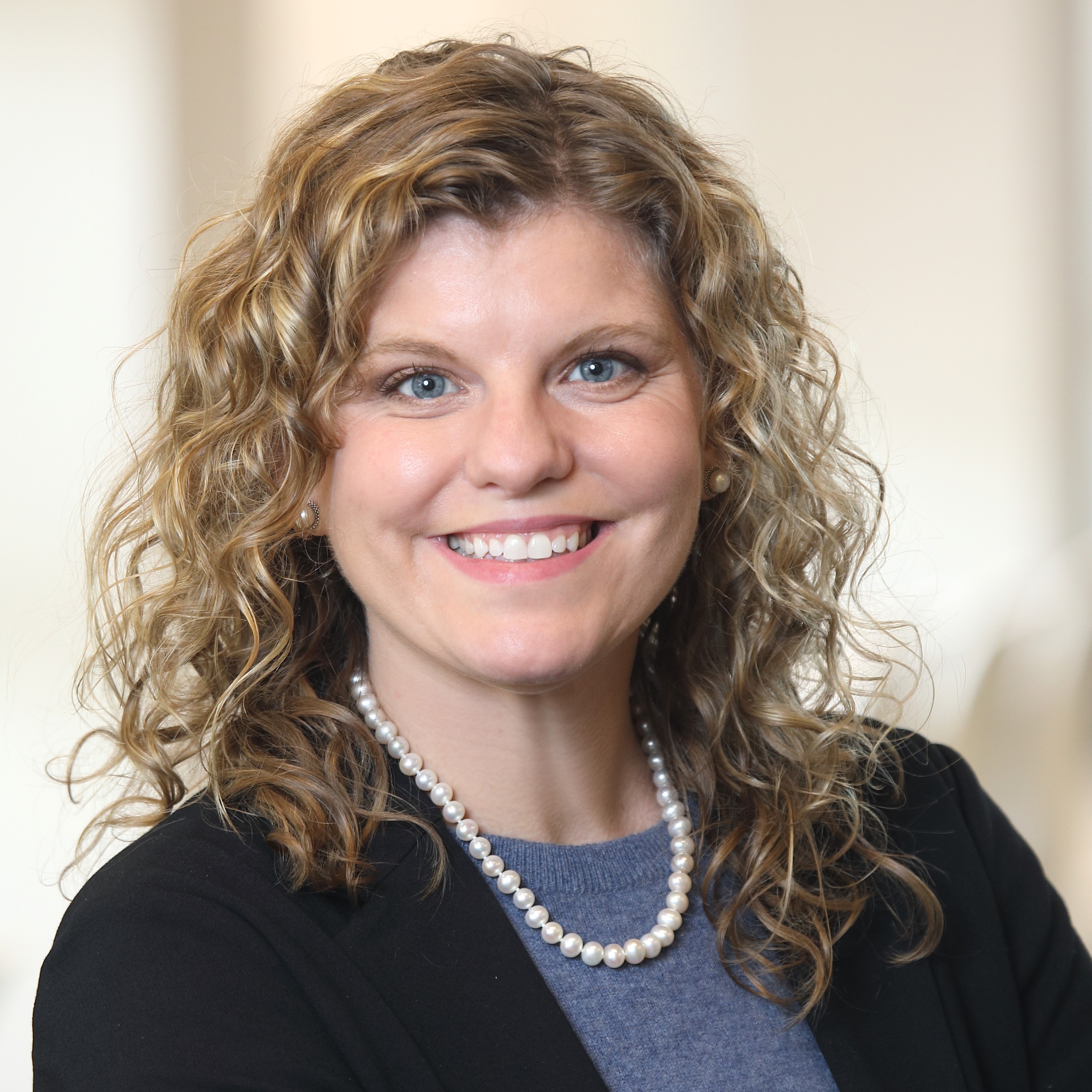 | Carolyn J. Bondar, Ph.D. Program Officer, Careers Section, Office of Research on Women’s Health, NIH Dr. Carolyn Bondar is a Program Officer in the Careers Section at ORWH. In this role, she serves as lead on several NIH-wide initiatives, including the Continuity and Retention Supplements, as well as the Re-entry, Re-integration, and Re-tooling Supplements. Additionally, she serves as the Executive Secretary for the NIH Working Group on Women in Biomedical Careers. Dr. Bondar is a neurobiologist with expertise in protein chemistry and enzymology. She earned her doctorate in biochemistry and molecular biology from Baylor College of Medicine and completed her postdoctoral training at the Jan and Dan Duncan Neurological Research Institute at Texas Children’s Hospital. Before joining ORWH, Dr. Bondar worked as a Health Program Specialist at the National Institute of Neurological Disorders and Stroke, where she supported the Blueprint Neurotherapeutics Network and the Pain Therapeutics Development Program in the Division of Translational Research. Throughout her productive research career, Dr. Bondar has made significant contributions to the fields of protein chemistry, neurodegeneration, and translational research. Beyond her scientific achievements, she is deeply committed to advancing diversity, equity, inclusion, and accessibility (DEIA) within the scientific community. Through her proactive advocacy, collaborative efforts, and active participation in numerous DEIA initiatives, Dr. Bondar strives to foster a more equitable and inclusive work environment, ensuring that all individuals reach their full potential. |
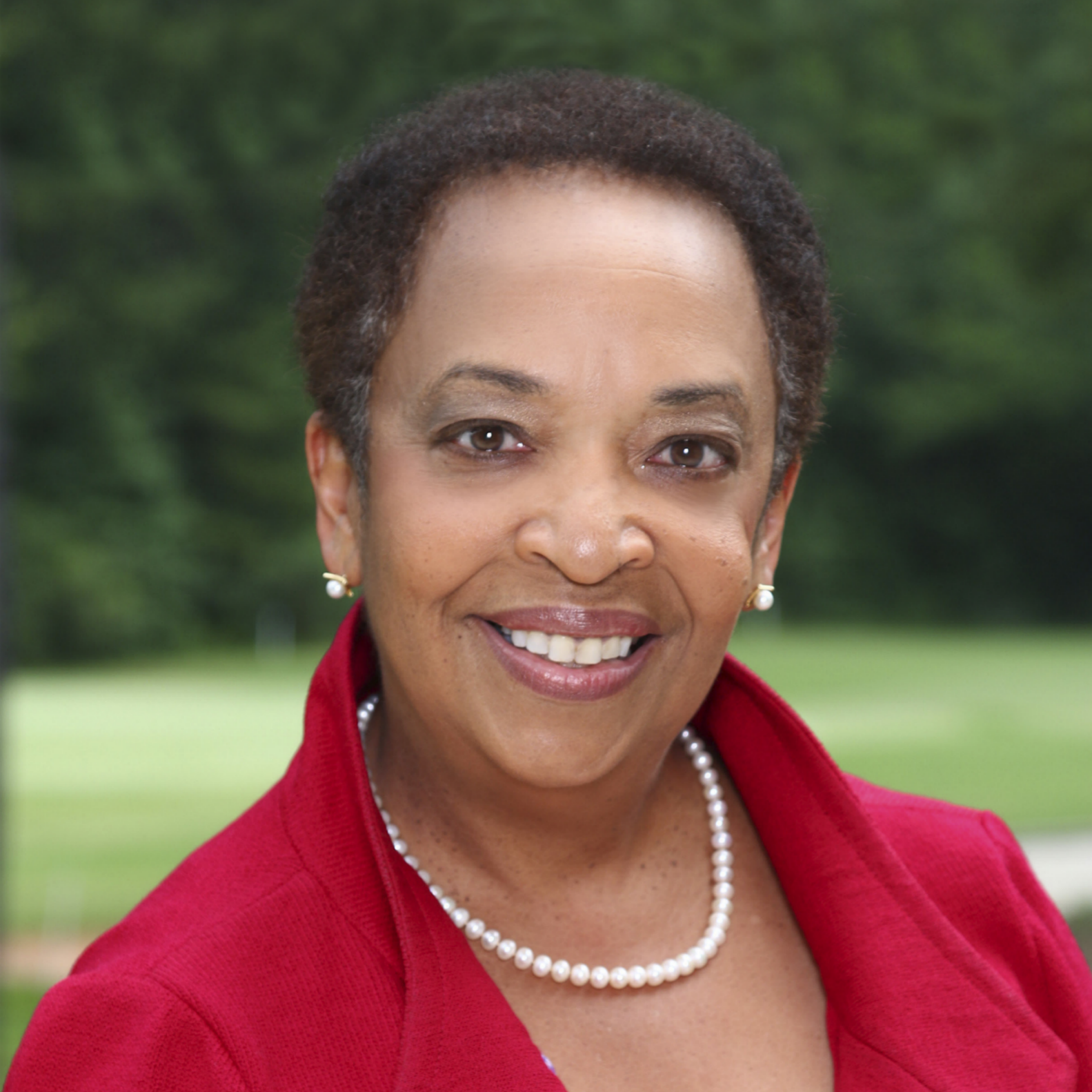 | Eve J. Higginbotham, M.D., S.M., M.L. (Chair), Vice Dean, Inclusion, Diversity and Equity; Senior Fellow, Leonard Davis Institute of Health Economics; Professor of Ophthalmology, Scheie Eye Institute, Perelman School of Medicine, University of Pennsylvania Dr. Higginbotham is the Former Vice Dean for Inclusion, Diversity, and Equity of Penn Medicine at the University of Pennsylvania. She is also a Senior Fellow at the Leonard Davis Institute for Health Economics and Professor of Ophthalmology at the Scheie Eye Institute. She is a glaucoma specialist and is active in scholarship related to glaucoma, ocular pharmacology, health policy, health equity, and organizational culture. Dr. Higginbotham has served as president of the Alpha Omega Alpha (AOA) Honor Medical Society and was a past member of the Harvard Board of Overseers and the MIT Corporation. She currently serves on the two visiting committees at the Massachusetts Institute of Technology (MIT), the Institute of Medical Engineering, and Science and Undergraduate and Graduate Student Life. She currently serves on the Board of Directors of Ascension, is a member of the Executive and Audit Committees, and chairs the Quality Committee for the system. Dr. Higginbotham also serves on the Board of the Massachusetts Eye and Ear in Boston. She currently serves as an associate editor on the Editorial Board of the American Journal of Ophthalmology. Dr. Higginbotham received her S.B. and S.M. degrees in Chemical Engineering at MIT and her M.D. from Harvard University, and she completed her residency in ophthalmology at the Louisiana State University Eye Center. She received an M.L. degree from the University of Pennsylvania Carey Law School. She has been a member of the National Academy of Medicine (NAM) since 2000, serving on the National Academies of Sciences, Engineering, and Medicine consensus committees, previously serving on the NAM Roundtable on the Promotion of Health Equity and the Elimination of Health Disparities currently on the Roundtable on Mentorship, Well-Being, and Professional Development. She recently chaired the consensus study on “The Impact of COVID-19 on the Careers of Women in Academic Sciences, Engineering, and Medicine”. She also served as an elected member of the NAM and as chair of the Finance Committee; in addition she served on the Governing Board of the National Research Council, was a member of its Strategic Planning Committee, and represented the NAM on the NAS Investment Committee, the Classified and Controlled Activities Committee, and the NRC Governing Board Risk Committee. |
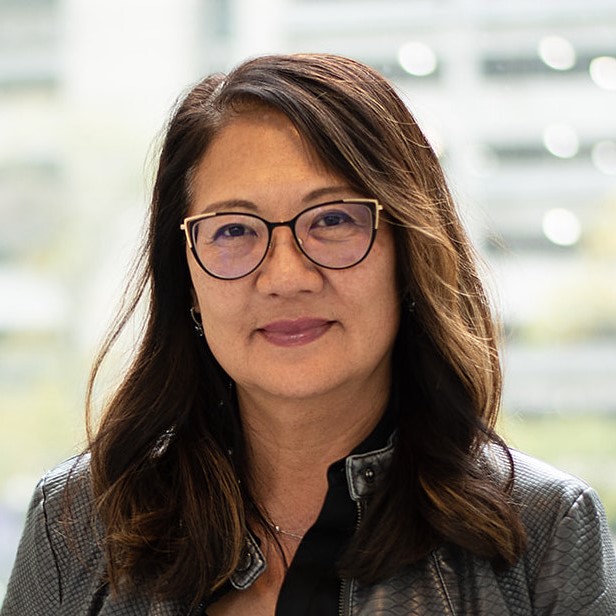 | Ji-Yong Julie Kim, Ph.D. Susy Y. Hung Research Professor of Obstetrics and Gynecology, Division of Reproductive Science in Medicine and Co-Director of the Center for Reproductive Science, Northwestern University Dr. Kim is the Co-Director of the Center for Reproductive Science at Northwestern. Dr. Kim received a B.Sc. in microbiology from the University of Toronto and a Ph.D. at Laval University in Quebec City. She completed postdoctoral training at the University of Illinois at Chicago and established an independent research laboratory at Northwestern University. Her laboratory is focused on understanding the pleiotropic actions of sex hormones and their intersection with risk factors that promote development and growth of uterine diseases including endometrial cancer, uterine fibroids, and endometriosis. The lab develops appropriate in vitro and in vivo models that best represent the physiology of reproductive tissues, including 3D organ cultures on microfluidic platforms, patient-derived xenografted tumors, and induced pluripotent stem cells (iPSCs) for disease modeling. The ultimate goal is to provide potential new drug targets as well as better drug screening approaches for these uterine diseases. Dr. Kim is a member of the Robert H. Lurie Comprehensive Cancer Center and is involved in the education programs of the Northwestern University graduate school. |
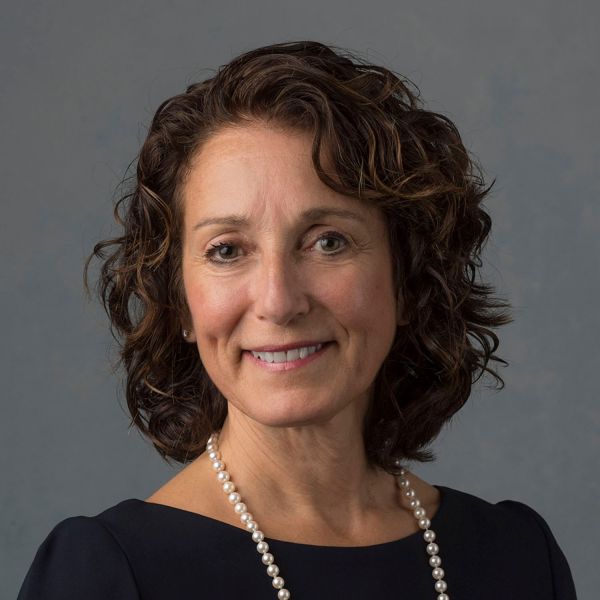 | Susan S. Margulies, Ph.D. Assistant Director, National Science Foundation Dr. Margulies leads the U.S. National Science Foundation’s Directorate for Engineering in its mission to transform our world for a better tomorrow by driving discovery, inspiring innovation, enriching education, and accelerating access. NSF’s Engineering Directorate provides greater than 40 percent of federal funding for fundamental research in engineering at academic institutions, leading to innovative technologies and sustainable impacts in health, agriculture, clean energy and water, resilient infrastructure, advanced manufacturing and communication systems, and many other areas. NSF support also builds the nation’s workforce capacity in engineering and supports the diversity and inclusion of engineers at all career stages. Projects span frontier research to generate new knowledge, problem-driven research to identify new solutions to societal challenges, and application-driven research to translate discoveries to uses that enhance prosperity, equity, and quality of life for all Americans. Dr. Margulies joined NSF as the assistant director for the Directorate for Engineering in August 2021 after leading the Wallace H. Coulter Department of Biomedical Engineering at the Georgia Institute of Technology and Emory University. While on detail at NSF, she is a professor and Georgia Research Alliance Eminent Scholar at Georgia Tech and Emory. Dr. Margulies is internationally recognized for pioneering studies to identify mechanisms underlying brain injuries in children and adolescents and lung injuries associated with mechanical ventilation, leading to improved injury prevention, diagnosis, and treatments. Dr. Margulies’ transdisciplinary scholarly impact has been recognized by her election as fellow of the American Society of Mechanical Engineers, the Biomedical Engineering Society, and the American Institute for Medical and Biological Engineering, and as a member of the American Academy of Arts and Sciences, the National Academy of Engineering, and the National Academy of Medicine. |
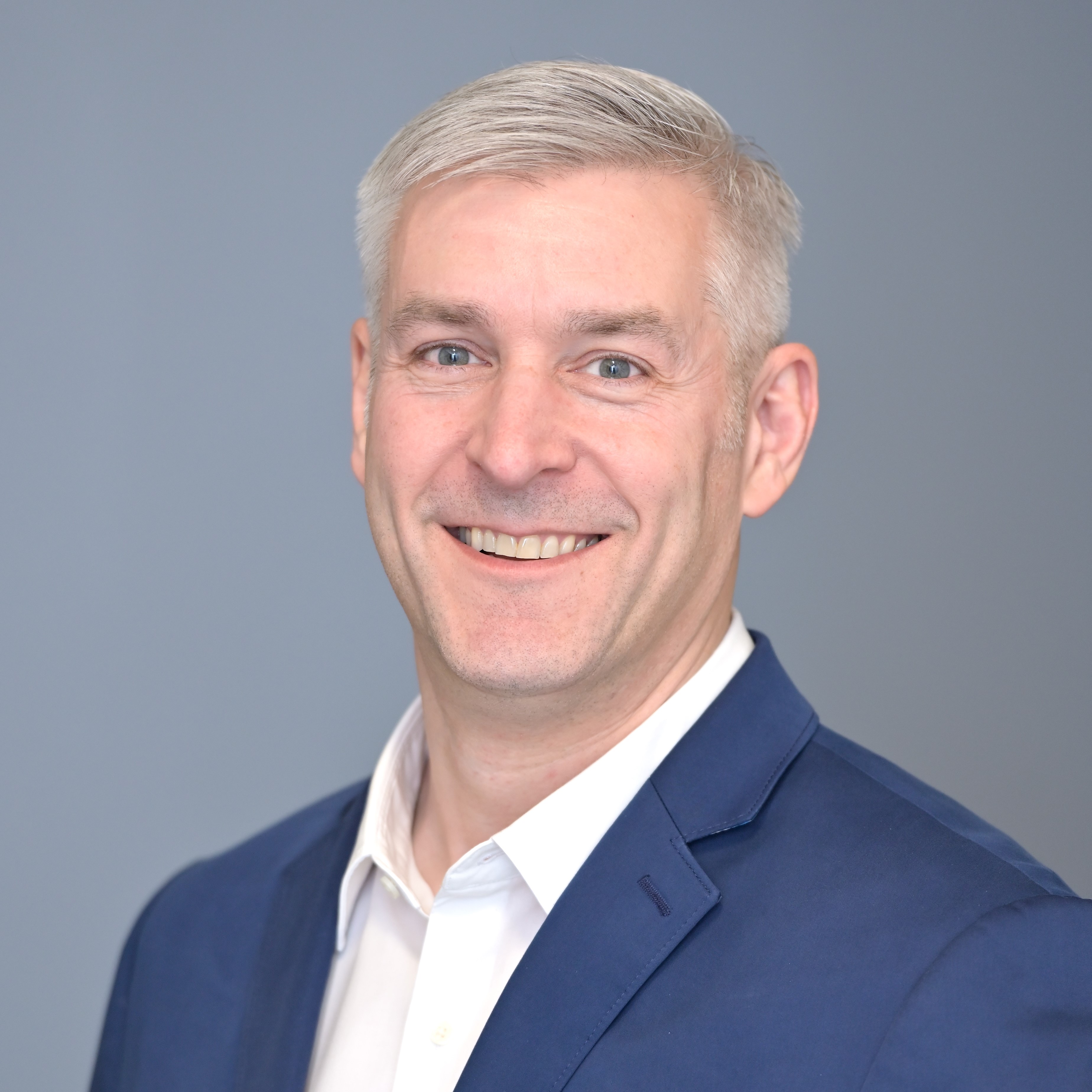 | Matthew McMahon, Ph.D. Director, Small business Education and Entrepreneurial Development (SEED), NIH Dr. McMahon leads the SEED Office in helping to transform cutting-edge technologies into products that improve health and save lives. The SEED team educates and assists NIH-funded innovators as they transition from discovery science to product development. SEED helps academic innovators validate the potential health impacts of their discoveries through a national network of proof-of-concept centers and provides a host of professional advisory services to small business innovators funded by NIH’s $1.3 billion/year Small Business Programs. Dr. McMahon has a diverse background in academia, small business, congressional policy, and NIH program management. He previously served as the first director of the National Heart, Lung, and Blood Institute’s Office of Translational Alliances and Coordination, and he created and led the National Eye Institute’s Office of Translational Research. His previous experience also includes service as the principal scientist for the bionic eye company Second Sight Medical Products and as a staff member on both the United States Senate and House of Representatives committees responsible for science, technology, and innovation policy. |
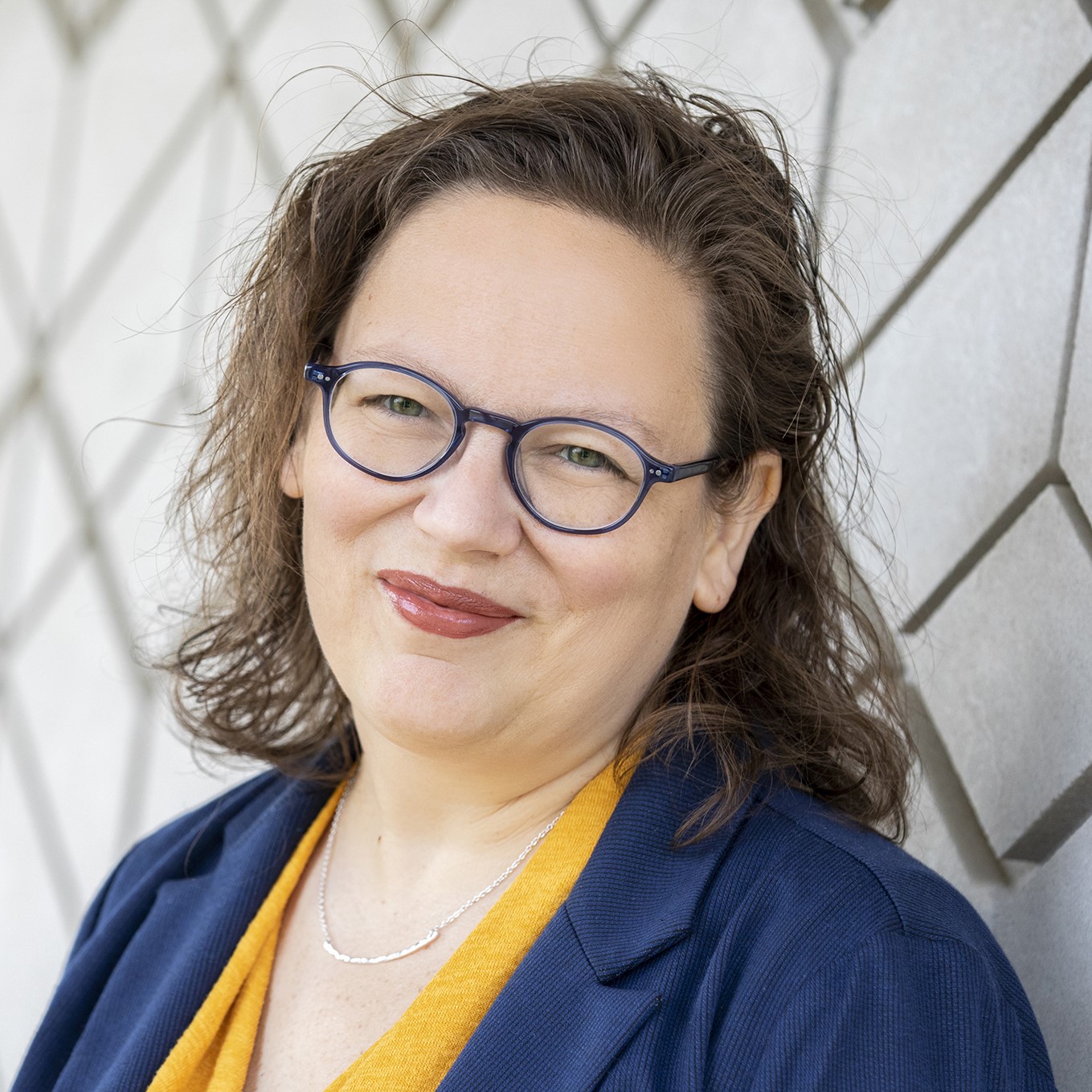 | Michelle L. Oyen, Ph.D. Associate Professor of Biomedical Engineering, Wayne State University Dr. Oyen is an Associate Professor of Biomedical Engineering at Wayne State University in Detroit, Mich. She has a background in materials science, mechanical engineering, and medical physics. She has researched and advocated for engineering methodologies within maternal health and women’s health for more than 25 years. She is especially interested in using these approaches to improve maternal-fetal outcomes, including prevention, diagnosis, and interventions relevant to preterm birth. Current research projects focus on multi-scale characterization of placenta function, biomimetic material models of the uterus, and digital twin representations of pregnancy. |
 | Ridhi Tariyal, M.B.A., SM Blavatnik Fellow; Ferolyn Fellow, CEO and co-Founder of NextGen Jane Ms.Tariyal, received her BS degree from Georgia Tech; MBA from Harvard University and SM from MIT. At NextGen Jane, Ridhi has driven the development of a novel menstrual data platform characterizing uterine biology at a molecular level. In this effort, she has raised capital, established an IP position, and developed a team to create both novel hardware and software to change how women access care. Before NGJ, Ridhi worked at the Broad Institute and at Bristol Myers Squibb. |
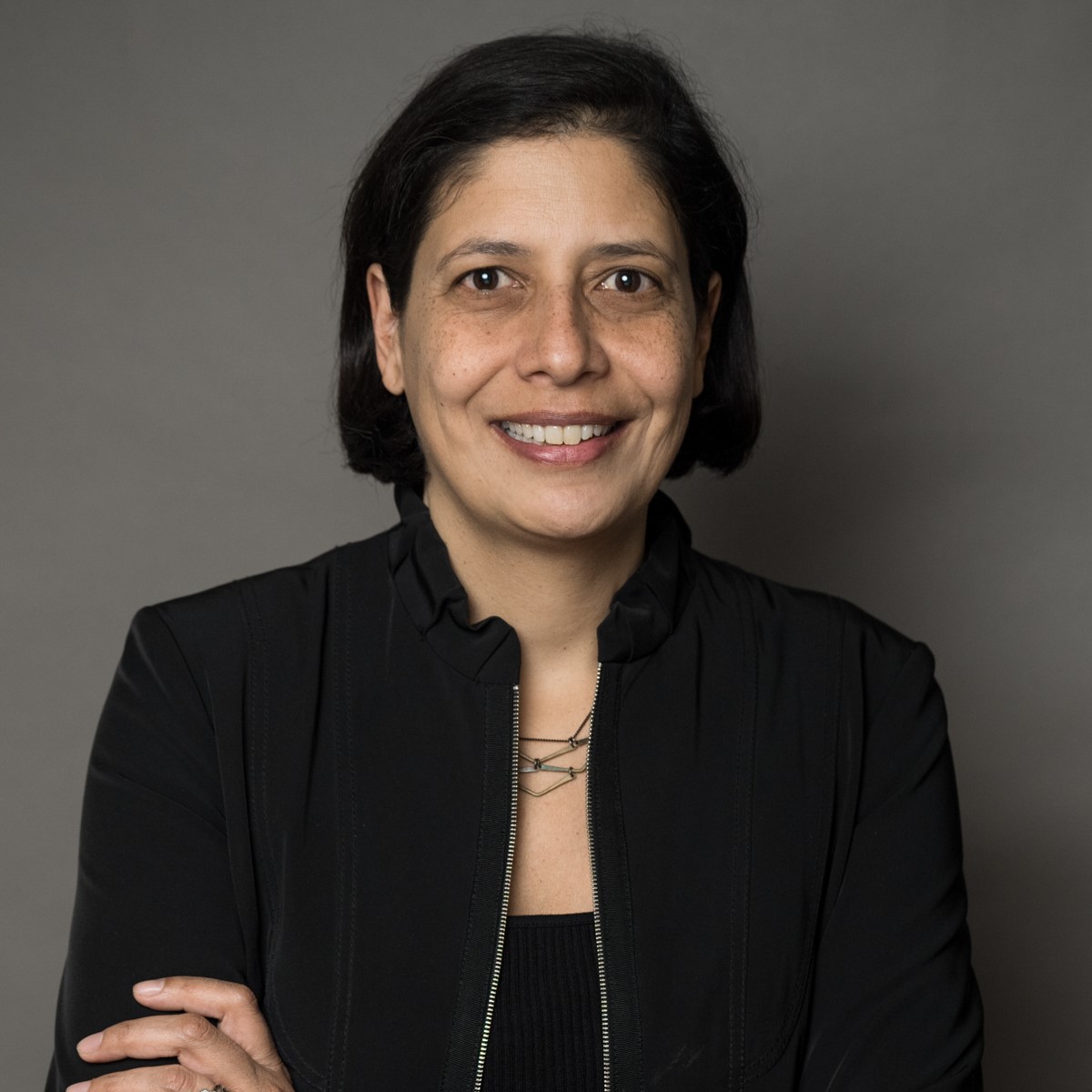 | Sarah Temkin, M.D., FACS Associate Director for Clinical Research, Office of Research on Women’s Health, NIH Dr. Temkin provides clinical expertise on issues related to the health of women. Her clinical research team oversees the Underrepresented, Underserved, and Underreported (U3) Interdisciplinary Research Program; research related to chronic conditions and multimorbidity among women; and research on the multiple biologic, social, and behavioral factors that influence disease risk as well as health outcomes for women. Dr. Temkin is a gynecologic oncologist who earned her medical doctorate from Georgetown University, completed her residency in obstetrics and gynecology with the Icahn School of Medicine at Mount Sinai, and completed a fellowship in gynecologic oncology at the SUNY Downstate Medical Center. She has been active in clinical research throughout her career, having served as an investigator for clinical trials for female-specific malignancies, cancer control, and supportive care for cancer patients. In addition, Dr. Temkin has been recognized for excellence in clinical care as well as her expertise in health disparities. In addition to serving on faculty at several academic medical schools, Dr. Temkin has served in the National Cancer Institute as a program officer for the Community Oncology Research Program and as a special volunteer for the Division of Cancer Prevention. |
 | Bruce J. Tromberg, Ph.D. Director, National Institute of Biomedical Imaging and Bioengineering, NIH Dr. Tromberg is the Director of the National Institute of Biomedical Imaging and Bioengineering (NIBIB) at NIH where he oversees research programs focused on developing, translating, and commercializing engineering, physical science, and computational technologies in biology and medicine. He leads NIBIB’s Rapid Acceleration of Diagnostics technology (RADx Tech) initiative, established in 2020 to increase SARS-COV-2 testing capacity & performance and broadened in 2023 to include over-the-counter and point-of-care devices for additional diseases and conditions. His laboratory, the Section on Biomedical Optics in the Eunice Kennedy Shriver National Institute of Child Health and Human Development, develops portable, bedside, non-contact, and wearable technologies for quantitative sensing and imaging of tissue composition and metabolism. Prior to joining NIH in January 2019, Dr. Tromberg was a professor of biomedical engineering and surgery at the University of California, Irvine (UCI). During his 30-year academic career Dr. Tromberg served in multiple leadership roles, including director of UCI’s Beckman Laser Institute and Medical Clinic; principal investigator of the Laser Microbeam and Medical Program, an NIH National Biomedical Technology Center; and co-founder of UC Irvine’s Department of Biomedical Engineering. Dr. Tromberg specializes in the development of optics and photonics technologies for biomedical imaging and therapy. He has co-authored more than 450 publications and holds 25 patents in new technology development as well as bench-to-bedside clinical translation, validation, and commercialization of devices. Honors and awards include the Michael S. Feld Biophotonics Award from Optica, the Britton Chance Biomedical Optics Award from the International Society of Optical Engineering (SPIE), and membership in the National Academies of Medicine and Engineering. |
Save the Date:
The next ACRWH meeting will be HYBRID, held at the NIH campus in Bethesda, Md., on April 8, 2025.
9:00 a.m.–9:15 a.m. | Call to Order | Vivian Ota Wang, Ph.D., FACMG, CGC |
9:15 a.m.–10:00 a.m. | ORWH Director’s Report | Janine A. Clayton, M.D., FARVO |
10:00 a.m.–10:45 a.m.
| NIBIB Director’s Report
| Bruce J. Tromberg, Ph.D.
|
10:45 a.m.–11:30 a.m.
| NIH SEED Office Director’s Report
| Matthew McMahon, Ph.D.
|
11:30 a.m.–11:45 a.m. | Open Discussion | Janine A. Clayton, M.D., FARVO |
11:45 a.m.–11:50 a.m.
| Group Photo |
|
11:50 a.m.–12:30 p.m. | Lunch |
|
12:30 p.m.–1:50 p.m. | Panel: Technology, Engineering, and Innovation in Women’s Health Research
| Moderator: Manu O. Platt, Ph.D.
|
The Female Reproductive Microphysiologic System
| Ji-Yong Julie Kim, Ph.D.
| |
Engineering Human Pregnancy
| Michelle L. Oyen, Ph.D.
| |
New Insights into Gynecologic
| Ridhi Tariyal, M.B.A., S.M.
| |
1:50 p.m.–2:20 p.m. | Transforming Women’s | Susan S. Margulies, Ph.D. |
| 2:20 p.m.–2:45 p.m. | Update on NASEM Report: Advancing Research on Chronic Conditions in Women | Eve J. Higginbotham, M.D., S.M., M.L. (Chair) Vice Dean, Inclusion, Diversity and Equity; Senior Fellow, Leonard Davis Institute of Health Economics; Professor of Ophthalmology, Scheie Eye Institute, Perelman School of Medicine, University of Pennsylvania |
| Concept Clearances | ||
| 2:45 p.m.–3:10 p.m. | Funding Opportunity to Support Research on Chronic Female-Specific and Gynecologic Conditions | Sarah Temkin, M.D., FACS Associate Director for Clinical Research, ORWH, NIH |
| 3:10 p.m.–3:35 p.m. | NIH Exceptional Research Scientist Award | Carolyn J. Bondar, Ph.D. Program Officer, Careers Section, ORWH, NIH |
3:35 p.m.–4:00 p.m. | Open Discussion | Janine A. Clayton, M.D., FARVO |
4:00 p.m.–4:10 p.m. | Closing Statement | Janine A. Clayton, M.D., FARVO |
Sign language interpreting services are available upon request. Individuals who need interpreting services and/or other reasonable accommodations to participate in this event should email ashley.benitez@nih.gov. Requests should be made at least five business days in advance of the event.
